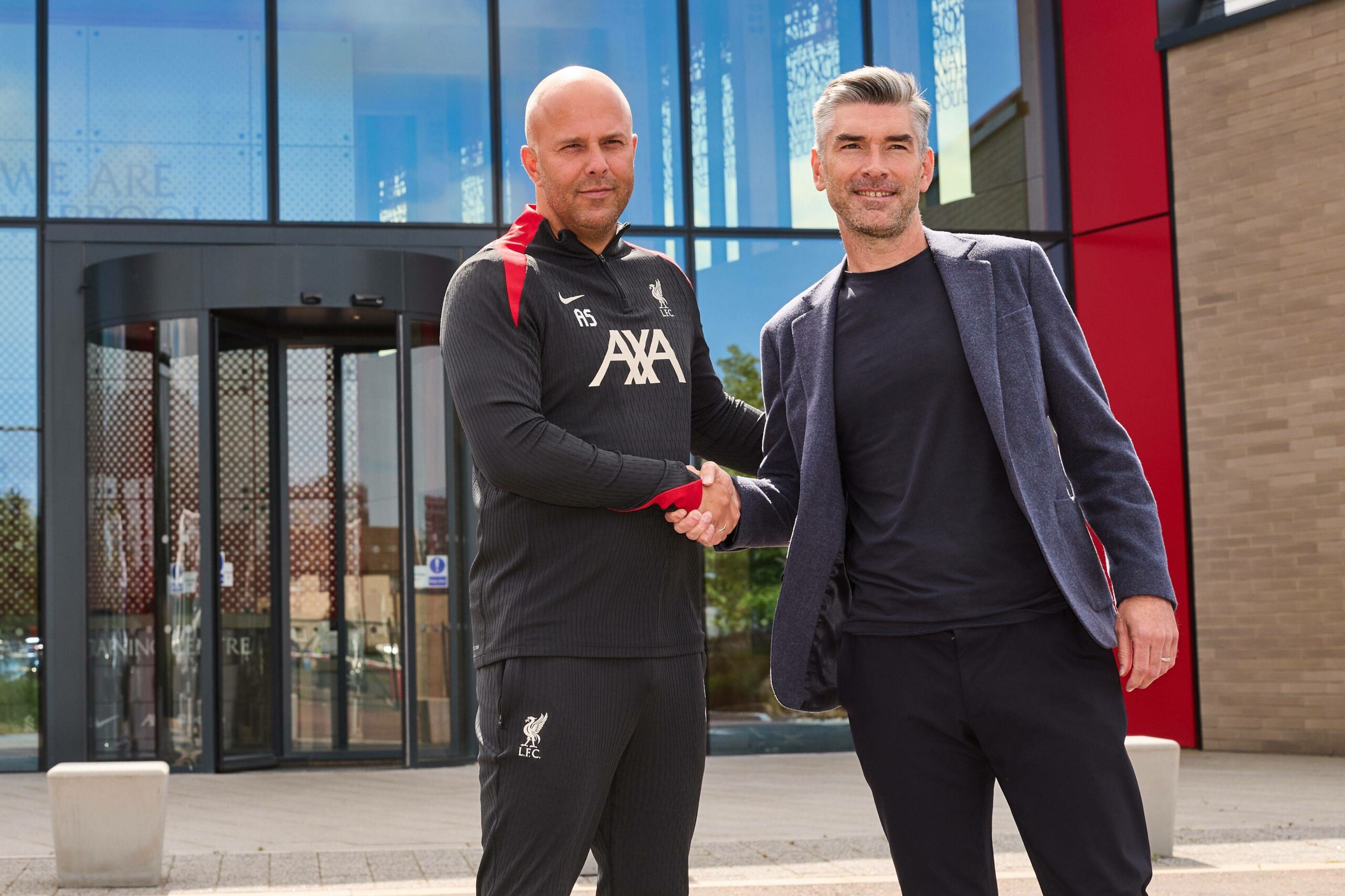Liverpool’s Strategic Move: Navigating Finances for Summer Transfers
As Liverpool Football Club prepare to unveil its first significant transfer of the summer, the buzz has intensified around Martin Zubimendi, the potential new addition. Acquiring Zubimendi hinges on triggering a buyout clause, a financial move that requires a nuanced understanding due to its distinct nature from more common release clauses.
With reports emerging that Liverpool are gearing up for their first major signing of the summer transfer window, strong rumours broke yesterday that the player might be Martin Zubimendi. Acquiring him would require a buyout clause to be activated. Here, I explain how that works.
— Mo Chatra (@MoChatra) August 7, 2024
Understanding Buyout and Release Clauses
In the high-stakes realm of football transfers, a buyout clause is not merely a predetermined price tag set for negotiations; it involves the player themselves, or their representatives, directly terminating the existing contract by paying the fee. This contrasts with a release clause, where the buying club pays the agreed amount to the selling club directly. Last summer, Liverpool engaged in this process by activating the release clauses for Alexis Mac Allister and Szoboszlai, with substantial sums paid upfront, signalling a strategic willingness to invest heavily when necessary.
“Martin Zubimendi, however, has a buyout clause in his contract with Real Sociedad that is reported to be 60m Euros (which equates to £51.5m). A buyout clause involves the player terminating their contract if a predetermined fee is paid by the player themselves.”

This structured approach to player acquisition showcases Liverpool’s tactical financial planning, necessitating significant upfront payment. The handling of such transactions is crucial for maintaining fiscal balance while still strengthening the squad.
Liverpool’s Financial Footing for Transfers
With a buyout clause, the intricacies of finance become evident. Typically, clubs do not pay large transfer fees in one go; they are often staggered over time. However, a buyout clause like Zubimendi’s demands the entire sum in one lump payment, posing a substantial financial commitment. This raises questions about Liverpool’s current liquidity and whether they have the necessary funds readily available.
“Does Liverpool have £51.5m sat in a bank account that can be used to facilitate the deal? It’s possible- their wage bill for the 23/24 season will have been down significantly compared to previous seasons (whilst turnover would not have been down by the same levels).”

Should the funds not be immediately available, Liverpool has previously shown flexibility in financing deals, possibly opting for borrowing to facilitate immediate needs without compromising their ability to pursue additional signings.
Flexibility in Financing: A Pragmatic Approach
Liverpool’s approach last summer, borrowing to fund transfers, underscores a pragmatic strategy to maintain competitive edge. This financial agility is essential in today’s market, where timing and opportunity can dictate the success of a transfer window.
“If they don’t, as the club showed last summer, they are more prepared to be flexible in how deals are financed, and they may take out further borrowing if available funds are also needed to complete one or two more deals in the next several weeks.”
Prospects for the Upcoming Season
Looking ahead, Liverpool is poised to generate significant revenue, potentially reaching new heights. This financial influx will be crucial in balancing the books following any aggressive spending in the transfer market.
“Taking out further borrowing should not be cause for concern- it is fairly common to do so in football, and Liverpool are heading into a season where (barring catastrophe), they should generate record-breaking revenues that should exceed £650m and could approach £700m.”
In conclusion, Liverpool’s readiness to activate Zubimendi’s buyout clause reflects a well-calibrated strategy that balances financial health with competitive ambitions. As they gear up for another bustling transfer window, the strategic financial management at Anfield remains a key component of their success formula, ensuring that the team remains at the pinnacle of European football while maintaining fiscal responsibility.



